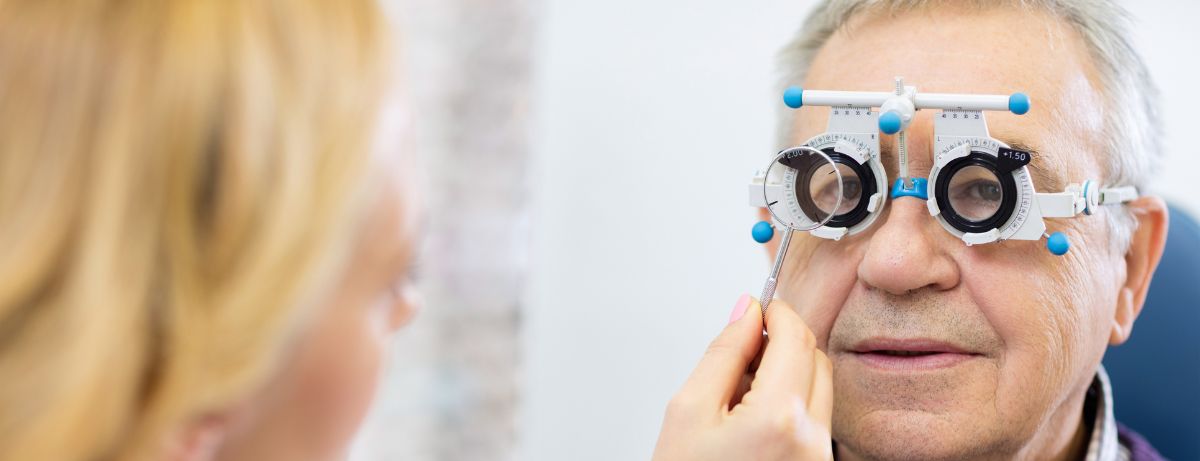Diabetic Retinopathy: What You Need to Know

If you have diabetes, you know that it’s important to take good care of your eyes. That’s because diabetes can damage your blood vessels, including the ones in your retina. This damage can lead to a condition called diabetic retinopathy, which can cause vision loss.
What is diabetic retinopathy?
Diabetic retinopathy is a complication of diabetes that affects the retina, the light-sensitive tissue at the back of the eye. When you have diabetes, high blood sugar levels can damage the tiny blood vessels in your retina. This damage can cause the blood vessels to leak fluid or bleed.
What are the symptoms of diabetic retinopathy?
In the early stages of diabetic retinopathy, you may not have any symptoms. However, as the condition progresses, you may experience the following symptoms:
- Blurred vision
- Floaters (dark spots or cobwebs in your vision)
- Darkening of your peripheral vision
- Sudden vision loss
How is diabetic retinopathy diagnosed?
Diabetic retinopathy is diagnosed with an eye exam. During an eye exam, your doctor will look for signs of damage to your retina. They may also use a special dye to make the blood vessels in your retina more visible.
How is diabetic retinopathy treated?
If you have diabetic retinopathy, your doctor may recommend one or more of the following treatments:
- Laser treatment: Laser treatment can help to seal leaky blood vessels and prevent further damage to your retina.
- Medication: Medications can help to lower your blood sugar levels, which can help to slow the progression of diabetic retinopathy.
- Surgery: In some cases, surgery may be necessary to repair or remove damaged blood vessels in the retina.
How can I prevent diabetic retinopathy?
The best way to prevent diabetic retinopathy is to control your blood sugar levels. If you have diabetes, it’s important to work with your doctor to create a treatment plan that will help you keep your blood sugar levels under control. You should also get regular eye exams, even if you don’t have any symptoms.
Why is it important to get regular eye exams if I’m diabetic?
It’s important to get regular eye exams if you’re diabetic because diabetic retinopathy can often be detected early. Early detection and treatment of diabetic retinopathy can help to prevent vision loss.
If you have diabetes, talk to your doctor about how often you should get an eye exam. The American Academy of Ophthalmology recommends that people with diabetes get a comprehensive dilated eye exam at least once a year.
Here are some tips for taking care of your eyes if you have diabetes:
- Control your blood sugar levels.
- Get regular eye exams.
- Quit smoking.
- Eat a healthy diet.
- Exercise regularly.
- Wear sunglasses to protect your eyes from the sun.
By following these tips, you can help to protect your vision and prevent diabetic retinopathy.
MEDICAL DISCLAIMER: The content of this Website or Blog is not intended to be a substitute for professional medical advice, diagnosis, or treatment. Always seek the advice of your physician or other qualified health provider with any questions you may have regarding a medical condition. Never disregard professional medical advice or delay in seeking it because of something you have read on this Website or Blog.
If you think you may have a medical emergency, call 911 immediately, call your doctor, or go to the emergency room/urgent care.
